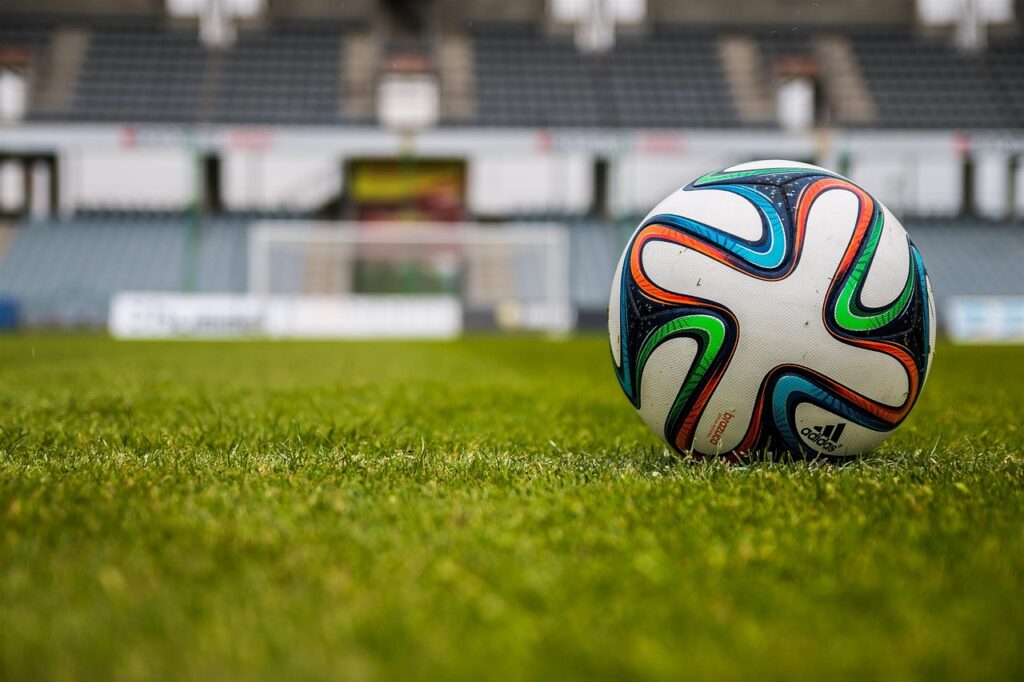Preparing for an important game and worried about feeling sluggish? This is a normal concern for pros and recreational players. A balanced pre-game meal is a key to unlocking your physical potential and boosting your power on the field.
Therefore, questions regarding when and what you should eat before a sports game are important. On the one hand, you need sufficient nutrients to boost your body power and physical performance. On the other, you can’t grab any random sugary snack as it may make you sluggish and heavy.
You need a proper mix of lean proteins, complex carbs, and good fats before hitting the field. Here we’ll explain the best food choices before a sports game. Also, we’ll help you determine the right timing for this meal to avoid unwanted nausea. So, read on to find out more!
The Importance of Balanced Pre-Game Nutrition
When preparing for your next game, you mentally prepare to perform at your best. This includes focusing on the following aspects:
- Frequent and regular practice
- Executing the coach’s/your plan
- Proper fuel for your body
While the first two points are essential for any game preparations, the fuel aspect is often overlooked. Some athletes unintentionally ignore the crucial role of a balanced meal in enabling ultimate physical performance.
Without consuming balanced meals before your big game, you won’t have sufficient energy to take on your opponents. Additionally, the right fuel boosts your mind clarity, muscle strength, and vision acuity.
Proper nutrition for athletes before a game is not about consuming large quantities of food. It is all about eating smart. Smart dietary choices provide you with sufficient nutrients without causing unwanted distractions such as sudden hunger, nausea, and significant drop in blood sugar.
Key Nutrients for Pre-Game Meal
To answer the question of what you should eat before a sports game, it is important to grasp the key components of a balanced meal. This meal requires a proportional blend of carbs, protein, and fats. So, here is what you need to know about each of these elements:
Pre-game Carb intake
Carbs are the main source of glucose, which is a vital element for providing the body with energy. Glucose is essential for athletes, as they need to remain active most of the time.
However, not all carbs are equally healthy. Therefore, your pre-game meal should contain complex carbs as a substitute for simple carbs.
The former, which is found in potatoes, sweet potatoes, and whole-grain products, takes more time to digest and does not cause a sudden rise in blood sugar. The latter, however, shocks your body with the rapid rise of sugar levels in your blood. It is found in processed and refined wheat and sugar products like white bread, soda drinks, dairy chocolate, and candies.
It is worth noting that excessive consumption of carbs won’t make you super active. On the contrary, too few carbs will spike the levels of blood sugar, which results in overall fatigue, nausea, and dehydration.
Therefore, the appropriate levels of carbs should be determined according to these two factors:
- Your body weight
- The type of sport
For instance, if you participate in a soccer game, you will need an average of 6 grams of carbs per kilogram of your weight. On the other hand, if you are a runner, you’ll require a higher intake that ranges between 8 and 10 grams per kilogram of your weight.
Pre-Game Protein Intake
It is important to consume protein every day. Whether it’s a game day or just routine training, protein must be a cornerstone of your meals. It is essential for building and strengthening your body’s muscles, as it is the source of amino acids.
Also, protein provides your body cells with energy in case you don’t have sufficient carbs. In the case of a field injury, protein can speed up your muscle recovery. However, this does not mean you should go all day eating protein. Instead, you should keep your consumption within the recommended levels, which depend on:
- Your metabolic rate
- The nature of the activity you engage in
- The length of the sports game
Ideally, your pre-game meal should contain an average of 20–25 grams of protein per kg of weight. Protein comes from various sources, including poultry, eggs, fish, and red meats. Also, there are plant-based sources of protein found in seeds, legumes, and nuts.
Pre-Game Fat Intake
When you consume fats daily, your body turns them into fatty acids. These acids are what build the fatty blocks in your body. Similar to proteins and carbs, fats are essential for energy boosts, injury recovery, and endurance increases.
However, fat is not one-size-fits-all. Similar to the situation with carbs, there are healthy and unhealthy fats. Your pre-game meal should contain portions of monounsaturated fats that do not turn into cholesterol, blocking your blood vessels. You can find these healthy fats in a wide range of foods, including:
- Fatty fish such as mackerel, tuna, and salmon
- Nuts and seeds such as chia, sesame, almonds, and pistachios
- Healthy oils such as olive, canola, and peanut oils
- Avocados and coconuts
When you prepare your pre-game food, it is recommended to include around 50 grams of healthy fats in your meal. Yet again, you need to consider the type and duration of the activity you are participating in as well as your body weight.
How Early Before a Game Should You Eat?
Now that you have an answer to what you should eat before a sports game, it is time to know the ideal timing of pre-game meals. Ideally, eating right before the start of the game has bad consequences, including:
- Increasing the chances of becoming nauseous.
- Overall fatigue, as the digestive system draws the blood flow away from the muscles to break down the newly arrived nutrients.
- There are higher chances of stomach pain and cramps due to improper digestion.
Therefore, you should allow your body to correctly digest and break down the food. Ideally, you should consume your pre-game meal within three to four hours before the game starts.
Also, hydration is required to improve digestion and blood flow. However, it is recommended to hydrate at least one hour before the game. Otherwise, you may become bloated or nauseated.
Final Thoughts
It is best to consume a pre-game meal three hours before participating in the game. This way, your body will have a chance to process, break down, and benefit from the nutrients.
While prioritizing a balanced meal, don’t ignore proper hydration. It is important to stay hydrated but don’t drink plenty of water right before joining the game.
As for the ingredients of your balanced pre-game meal, you should combine protein, fat, and carbs. So for instance, you can prepare a bowl of salad containing 110 grams of grilled chicken, 250 grams of roasted broccoli, and sweet potatoes. You can add olive oil as a dressing. This way, you will have a healthy and tasty pre-game meal that fuels your body throughout the game.

